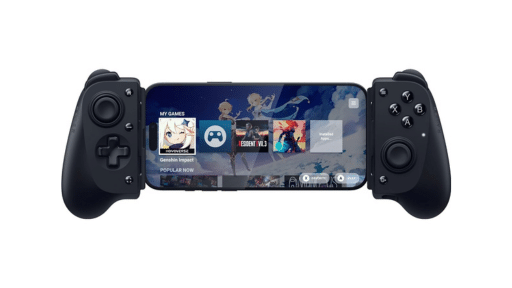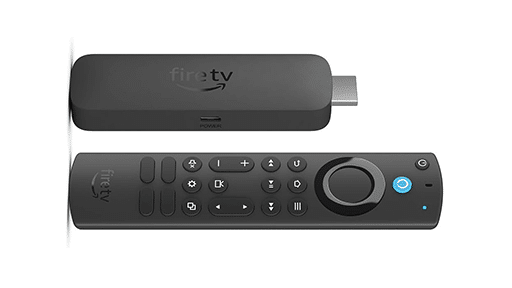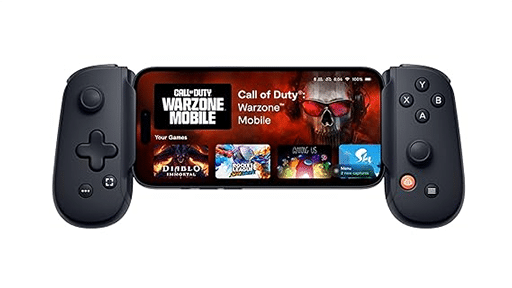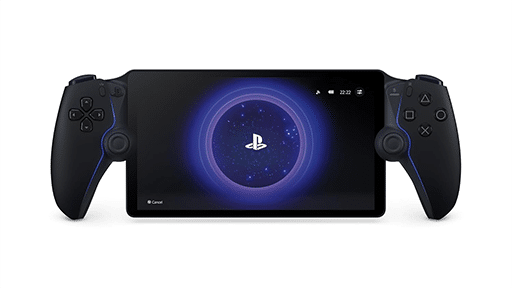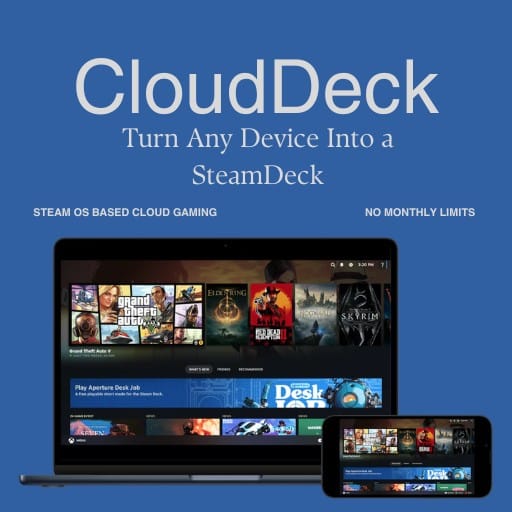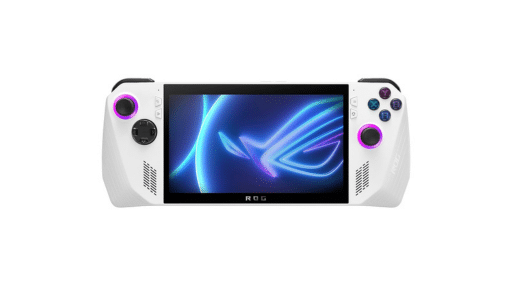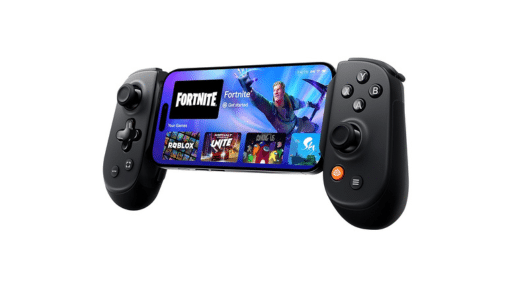
The wide-ranging conversation covers everything from cloud gaming on Nintendo Switch to how the team builds live-service single-player games. Abrak also shares thoughts on long-term planning, publishing challenges, and the future of Bond and Hitman.
Here are the key highlights.
IO Interactive Reflects on Cloud Gaming Challenges on Nintendo Switch and How They Shaped Plans for Nintendo Switch 2
IO Interactive is making a bigger commitment to Nintendo hardware with the Nintendo Switch 2. After experimenting with cloud streaming on the original system, the studio is now delivering native versions of both Hitman: World of Assassination and 007 First Light. That shift reflects lessons learned from its earlier attempts with cloud gaming on Nintendo Switch.
The original Nintendo Switch version of Hitman relied on a third-party cloud platform to run the game remotely, streaming visuals to the handheld in real time. While technically functional, the experience was limited by Nintendo Switch’s cloud gaming service providing inconsistent performance. “Without hurting anyone’s feelings, the cloud solution on Switch wasn’t as successful as Nintendo had expected,” CEO Hakan Abrak explained in the interview.
IO viewed that outcome as a missed opportunity. “We felt it was such a shame that it didn’t take off,” Abrak said. That disappointment helped fuel the decision to bring World of Assassination to Nintendo Switch 2 as a full native release. “We felt there was unfinished business, really, to get Hitman on Switch in a proper way.”
The studio believes the game fits well with how gamers use the Nintendo Switch 2, especially in portable mode. Some Hitman modes naturally support short bursts of play, which suits the system’s flexible form factor. That same thinking is behind the decision to bring 007 First Light to Nintendo Switch 2 from launch.
For IO Interactive, cloud gaming serves a purpose in reaching devices the hardware could not otherwise support. But with Nintendo Switch 2 offering stronger hardware, IO saw an opportunity to deliver a native experience that better fit this platform’s strengths.

The AAA Strategy Behind Hitman, Bond, and Project Fantasy
AAA development is getting more expensive, but IO Interactive is finding ways to work smarter. CEO Hakan Abrak explained how the team’s experience with Hitman Absolution shaped their future approach. Back then, everything was built from scratch, including details as small as toilets. “It was just a throwaway,” he said. “I swore never to do more new toilets.”
That led to a major shift in how IO builds games. For Hitman 2016, the team built systems and tools they could reuse in future games instead of starting from scratch. According to Abrak, that change helped reduce costs dramatically across the trilogy. While Hitman 2016 cost around $100 million to develop, Hitman 2 came in closer to $60 million, and Hitman 3 dropped to about $20 million. Despite the lower costs, Hitman 3 scored the highest Metacritic rating of the three.
Abrak credits this evolution to their modular “brick system,” which allows IO to create new content efficiently while maintaining high quality. This approach not only kept the studio sustainable but also laid the groundwork for larger projects like 007 First Light and the upcoming Project Fantasy.
The team still aims high, but it avoids building from the ground up when it is not needed. “We’ll keep on trying to improve and be less wasteful,” Abrak said. “But still super ambitious.” IO’s goal is to balance scope and creativity without losing control of costs.

How IO Interactive Is Shaping the Future of James Bond
IO Interactive’s experience with long-term single-player support in Hitman is carrying over to its next big project: 007 First Light. The studio’s World of Assassination trilogy became a platform for new content, live challenges, and seasonal updates, all built on a single evolving base. That approach helped the series grow over time, selling more each year and reaching 25 million units worldwide.
CEO Hakan Abrak confirmed that IO plans to apply many of those lessons to 007 First Light. The game will launch as a full single-player experience, but it is being built with long-term support in mind. While specifics were limited, Abrak hinted at new types of gameplay. He mentioned seamless transitions between melee and ranged combat, improved stealth systems, and even driving exotic vehicles. These features go beyond what Hitman offered.
The game also marks IO’s first time working with a major licensed IP. Originally developed in collaboration with MGM, 007 First Light is now under Amazon MGM’s umbrella following the company’s one billion dollar acquisition of Bond’s creative rights. Despite the change in leadership, IO says its vision for Bond has remained untouched.
“We’ve always had a good partnership,” Abrak said. “The important thing is the vision for who Bond is, the story, and the approach we’ve taken, and that we’ve been able to keep that intact.”
Rather than adapt an existing film, IO is telling its own Bond origin story. That creative freedom is something the studio values highly, and it remains a central part of how it approaches the project. For a team that has built its reputation on stealth, systems, and long-term support, Bond looks like a natural next step.

IO’s First Step into Publishing with MindsEye
June was a busy month for IO Interactive. In addition to sharing updates on Hitman and 007 First Light, the studio also stepped into new territory as a publisher. MindsEye, developed by Build A Rocket Boy, marked IO’s first time handling a third-party title.
The release had challenges, but CEO Hakan Abrak called it a valuable learning experience. “In some ways you’re in the front seat and other ways you’re in the back,” he said. Compared to self-publishing its own games, the process required a different mindset, supporting another creative team while still guiding a successful launch.
IO is not looking to become a major publishing house just yet. “We’re not doing ten external games,” Abrak noted. Instead, MindsEye was about learning the ropes and understanding what smaller teams need when bringing a game to market.
It was a modest start, but one that adds to IO’s evolving role in the industry.

IO Interactive Stays Grounded Amid Growth
IO Interactive has grown significantly over the last decade, expanding from 200 to 500 employees and opening new offices in Sweden, Turkey, Spain, and the UK. But according to CEO Hakan Abrak, the studio is not chasing size for its own sake. Instead, the focus is on delivering games that leave a lasting mark.
“We’re not expanding for the sake of expanding,” Abrak said. “We have our hands full with Bond, Hitman, and Project Fantasy.” These three franchises represent the studio’s current priorities, with no plans to add more major projects or external partnerships for now.
Even with growing demands, IO wants to stay independent and creatively driven. Abrak emphasized that freedom, autonomy, and accountability are what keep the team motivated. The studio’s shift to co-op missions in Hitman and the scale of Project Fantasy show it still aims high—but on its own terms.
Whether IO adds another franchise in five years is still uncertain. For now, the studio is sticking with what works.
What do you think about IO Interactive’s approach to sustainable AAA games and Bond’s new direction? Let us know.
As always, remember to follow us on our social media platforms (e.g., Threads, X (Twitter), Bluesky, YouTube, and Facebook) to stay up-to-date with the latest news. This website contains affiliate links. We may receive a commission when you click on these links and make a purchase, at no extra cost to you. We are an independent site, and the opinions expressed here are our own.

